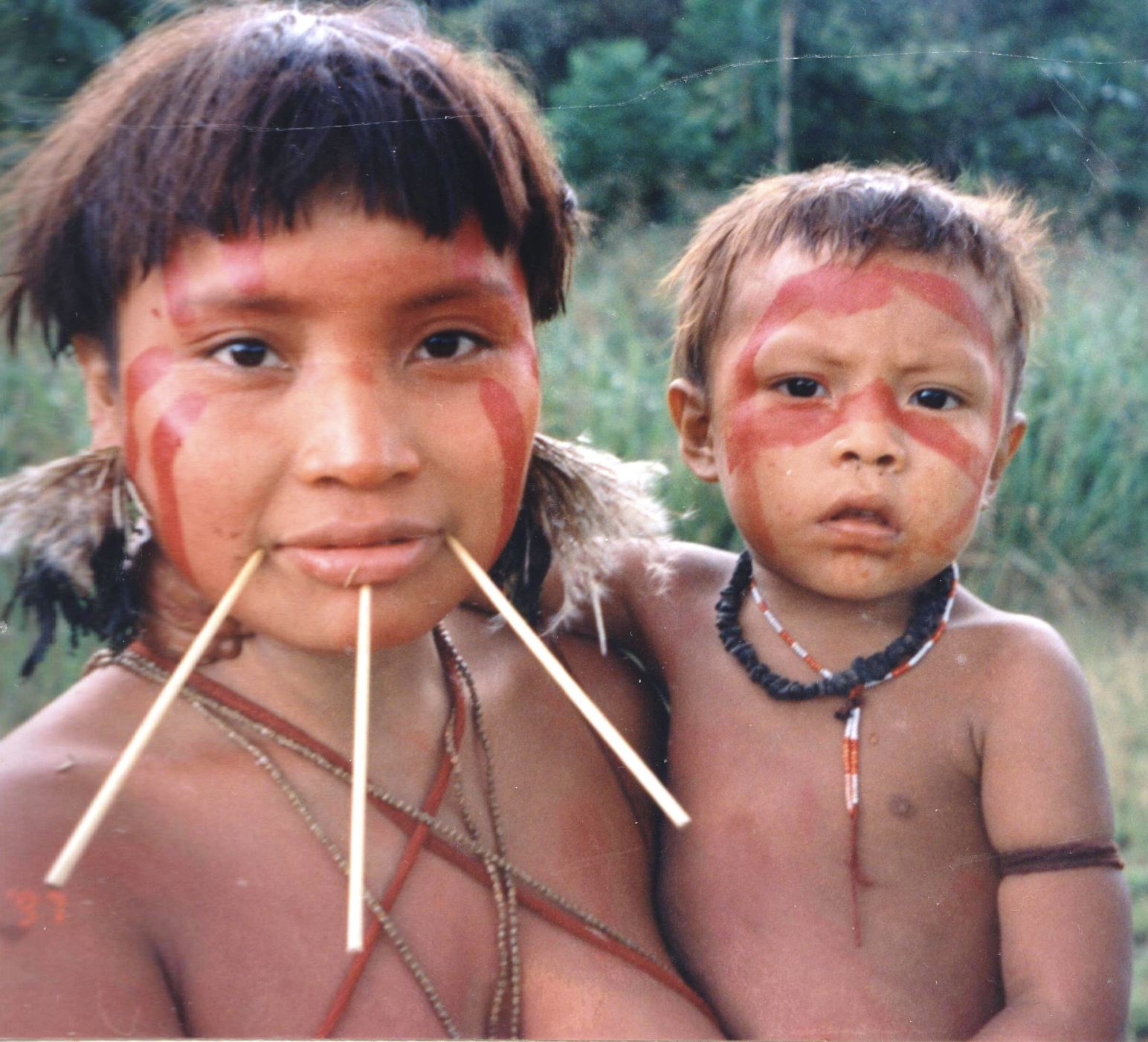BRASILIA, Brazil (AP) — President Luiz Inacio Lula da Silva visited Brazil’s northern state of Roraima on Saturday after the government declared a public health emergency for the Yanomami people in the Amazon, who are suffering from malnutrition and diseases such as malaria as a consequence of illegal mining.
At the state capital, Boa Vista, Lula said the way the Yanomami are treated is inhumane. The immediate measures to be taken by the government are improvement in transportation and the employment of more doctors and nurses to work in the region, he said.
The decree signed by Health Minister Nisia Trindade late Friday has no expiration date and allows for hiring extra personnel. It determines that the team in charge has to publish reports regarding the Indigneous group’s health and general well-being.
Lula also created a multiministerial committee, to be coordinated by his chief of staff, for an initial period of 90 days. The government team went to Boa Vista as many ill Yanomami have been admitted to specialized hospitals there.
The Yanomami live in the largest indigenous area in Brazil, with more than 9 million hectares (22 million acres) and a population of around 30,000, in the northern area of the Amazon rainforest, close to the border with Venezuela.
In recent years, specialists had sounded the alarm about humanitarian and sanitary crisis taking shape. The report “Yanomami Under Attack,” written by the nonprofit Socio-Environmental Institute, points out that in 2021 the region was responsible for 50% of the malaria cases in the country. The same report said that more than 3,000 children were malnourished.
Illegal mining is the main root of the problems faced by the Yanomami people. Activists accuse miners of death threats, sexual violence and alcohol and drug abuse, especially against Indigenous children.
The same report shows that the region had more than 40 illegal airstrips made by miners and that they had taken over some of the government health centers installed in the region.
“The mining activity changes the soil, creating puddles which are favorable for the malaria mosquito, and other diseases as well. Many miners also bring diseases with them. It’s a sanitary and humanitarian crisis,” said Estêvão Benfica, geographer and one of the Socio-Environmental Institute researchers.
Benfica also said there is lack of personnel and basic resources to identify malaria in its early stages, which worsens the situation. The high rate of diseases disables the Yanomamis to work in their land, creating a large community which cannot sustain itself economically.
Another factor was the political approach during the years of former President Jair Bolsonaro’s government, when the number of health personnel decreased and four health units were shut down, leaving hundreds of Yanomami with no medical consultation.
Earlier this week, the Health Ministry had already designated a team for a special health mission in the Yanomami region. Lula scheduled an emergency trip to Roraima state following a report by independent local news website Sumauma, featuring shocking pictures of malnourished children.
According to the report, during the last four years of Bolsonaro’s government, the death of children age 5 or less had jumped 29% in comparison to the previous government. The same report shows that 570 Yanomami children died between 2019 and 2022 from curable diseases.



